Buying a car should feel exciting and empowering, but it’s an experience filled with uncertainty and stress for many. What if it didn’t have to be this way? Teodor Anghel, Owner of The Paddock Collection, believes in redefining the process by focusing on trust, transparency, and community. Drawing on his experiences as a buyer, Teodor created an approach that prioritizes the customer’s perspective over the industry’s norms.
This article explores the philosophy and journey behind building a business that challenges the status quo. From finding the perfect location to fostering genuine connections within a vibrant community, Teodor’s story offers insights into how thoughtful decisions and a clear vision can transform an industry. Whether you’re an entrepreneur seeking inspiration or simply curious about what’s possible when passion meets purpose, this narrative is for you.
Redefining the Car Buying Experience
The traditional car buying experience often feels more like a transaction than a moment of connection. The goal here isn’t to sell cars but to reshape perceptions. Imagine walking into a space that feels less like a dealership and more like a boutique, where every element—from the layout to the interaction—has been designed with intention.
In today’s market, many dealerships operate on the city’s outskirts, providing a practical but often impersonal experience. While this model works for many, there’s room for something different. The idea of a boutique car-buying environment takes inspiration from European sensibilities—places where the customer’s experience is as important as the product itself.
“I wanted to have a boutique feel to the actual experience. I didn’t want a customer to drive in the outskirts of the city… I wanted to do it different to put my own fingerprint on it.”
Teodor Anghel, Owner of The Paddock Collection
This concept flips the script, emphasizing trust, transparency, and a personalized approach. The car-buying process can feel overwhelming for many buyers, often clouded by jargon and hidden costs. By focusing on what it’s like to be the buyer instead of the seller, this model seeks to make the process more transparent and approachable.
It’s about designing an experience where you feel seen and understood. Not just as a customer but as a person. Someone looking for a space where trust is earned, not assumed
A Buyer’s Perspective on Car Shopping
Car ownership often starts as a passion—an appreciation for design, engineering, and the freedom a vehicle represents. But navigating the car-buying process can sometimes turn that passion into frustration. For many, the hoops to jump through as a buyer can feel unnecessarily complicated, from unclear pricing to high-pressure tactics.
Reflecting on these experiences reveals an important truth: how we buy cars shapes how we feel about the process. Private sales, for instance, often feel more straightforward and personal. There’s a human connection, a sense of trust that’s harder to replicate in a traditional dealership setting. Yet dealerships remain the go-to for most buyers despite the common perception of a less-than-transparent approach.
“I’ve been a buyer many times… because it started from the passion, I saw the hoops I had to jump as I was being a buyer. I saw how pleasurable it was buying from private owners and how muddy it was buying from a dealer.“
Teodor Anghel, Owner of The Paddock Collection
This contrast raises a question worth exploring. How can the best aspects of private sales, like trust, clarity, and person-to-person connection, inform how dealerships operate? For anyone passionate about cars, the challenge lies in imagining a system where buyers feel empowered, not pressured.
The goal is not just to purchase a car but to walk away feeling confident in your choice. Transparency and trust aren’t just buzzwords. They’re critical elements that can elevate the car-buying experience from a transaction to something meaningful.
The Impact of Location on Business Vision
Location isn’t just a practical decision; it’s a defining factor in shaping the business’s and its customers’ experience. For anyone considering a commercial endeavor, searching for the right space often comes with unique challenges. It’s not just about finding a building—it’s about finding the right fit.
Every detail matters, from zoning requirements to proximity to key areas. For example, securing a location that meets zoning regulations like industrial research (IR) zoning in the automotive industry is non-negotiable. Without it, obtaining the necessary licenses, such as a dealer’s license, becomes impossible. This highlights the importance of aligning legal and logistical needs with the overall vision for the business.
“I was picky because I knew the business model would be defined also by the location. In the same time, I wanted to be close to downtown, uptown, and it had to be IR zoning… You need to make sure you have all those things checked out before you move in.”
Teodor Anghel, Owner of The Paddock Collection
Beyond the technical requirements, there’s the emotional and strategic element of choosing a location. Proximity to dynamic neighborhoods, like downtown or uptown areas, can set the tone for a business, ensuring it remains accessible and part of a vibrant community. These decisions are an integral part of defining the customer experience.
But the process can be stressful. Getting bogged down in the hurdles of regulations, paperwork, and site visits is easy. In those moments, taking a step back and putting things into perspective is helpful. Challenges are temporary, and the right partnerships or supportive landlords can make a difference in easing the transition.
Ultimately, the effort to find the perfect location pays off. A thoughtfully chosen space reflects not only the needs of the business but also its values—creating an environment that’s as functional as it is intentional. For anyone navigating similar challenges, patience and attention to detail are key to turning a vision into reality.
The Power of Collaboration in Business
In any business venture, the environment extends beyond the walls of the space itself. The neighborhood and the people within it often play a critical role in shaping the business’s operations and its sense of purpose. For entrepreneurs, understanding and embracing this dynamic can create opportunities far beyond what’s written in a business plan.
The idea of “community” is often overused, but when it’s genuine, it has transformative potential. A true community is about mutual support and shared growth. In some neighborhoods, you’ll find an eclectic mix of individuals and businesses: a coffee shop paired with a tattoo studio, robotics engineers from across the globe, local print shops, and creative office spaces. Each has its own story, but together, they create a vibrant ecosystem where collaboration thrives.
“It’s truly a community in the way that everybody knows the challenges but, at the same time, the major advantages we have by working together and being able to exist.”
Teodor Anghel, Owner of The Paddock Collection
For businesses looking to integrate into such communities, it’s important to recognize the value of these interconnections. Working alongside diverse neighbors brings fresh perspectives and unexpected opportunities. Challenges are easier to navigate when there’s a network of people who understand the unique demands of the area, and successes feel even more meaningful when shared.
Beyond the practical benefits, building a business within a connected community brings a human element to entrepreneurship. It’s not just about the products or services offered—it’s about the relationships formed along the way. Prioritizing these “inter-human relationships,” as one entrepreneur aptly put it, ensures that the business is rooted in trust, collaboration, and shared goals.
For anyone entering a new space, the lesson is clear: look beyond the physical aspects of a location. The people, the energy, and the opportunities to connect are just as important. A thriving business often results from a thriving community, where each success contributes to the collective good.
A Transparent Approach to Business
The way we conduct business has the power to reshape entire industries. In fields like automotive sales, where traditional methods often prioritize profit over trust, taking a different approach can change the customer experience and broader perceptions of the industry.
Transparency is at the heart of this reimagined business model. Instead of obscuring costs behind layers of fees and jargon, the focus shifts to clarity and fairness. Imagine knowing exactly how much a product—like a car—was purchased for and seeing a simple, straightforward percentage added. No hidden charges, no inflated fees, just an open and honest transaction.
“We want to provide the experience for the buyer from the buyer’s perspective, not from the seller’s perspective. First, in the car world, we’ll tell you how much we bought the car for and then apply a percentage—clean, nice.”
Teodor Anghel, Owner of The Paddock Collection
This model challenges the norm, particularly in industries where upselling and pressure tactics are common. For example, rather than pushing extended warranties or unnecessary add-ons, the emphasis is on informing customers about their most efficient and practical options. By approaching transactions as if the business were in the customer’s shoes, the process becomes less about maximizing profits and more about creating a positive experience.
But this philosophy extends beyond individual transactions. It’s about creating a system where customers feel comfortable, informed, and respected. This approach acknowledges that long-term success is built on trust, reputation, and relationships.
There’s a valuable takeaway for those looking to innovate within their industries. When you focus on what’s best for the customer, the rest often falls into place. Businesses can meet and exceed expectations by prioritizing transparency and trust, setting a new standard for how industries operate. It’s about doing things differently and better.
The Ripple Effect of Positive Impact
Business success often extends beyond revenue and growth metrics. It’s about the influence a business has on its community, its industry, and the lives of the people it touches. For some, this means redefining success as making a meaningful difference. One person, one interaction, one moment at a time.
In any endeavor, the hope is to create an environment where customers feel valued, not just as clients but as individuals. In industries often perceived as transactional, fostering genuine relationships can transform how people experience the process. Imagine a customer leaving satisfied with a product and feeling like they’ve gained a trusted partner.
“If we can make a difference on 100, 150, or 200 people, I would feel that this fulfilled its purpose.”
Teodor Anghel, Owner of The Paddock Collection
The ripple effect of this mindset is profound. When businesses approach their work with a focus on connection and care, it can reshape perceptions within their immediate neighborhoods and across their industries. A positive experience can inspire trust, confidence, and loyalty beyond one interaction.
For those building or growing their businesses, this perspective is worth considering: how can your work today leave a lasting impact tomorrow? Whether creating a better experience for a handful of customers or influencing broader industry practices, every effort contributes to a larger purpose.
At its core, success is more than numbers. It’s about the lives you touch and the legacy you build. Making a difference doesn’t always have to happen on a grand scale. Sometimes, it starts with one thoughtful interaction, creating a ripple effect that can inspire change far beyond what you imagine.
About The Paddock Collection
The Paddock Collection is a boutique car showroom in the heart of Dallas, offering a curated selection of luxury and performance vehicles. With a climate-controlled showroom and comprehensive indoor facilities, they provide an unparalleled automotive experience. Their services include exclusive partnerships, trade-ins, consignment, and a full array of offerings within their detailing lab. A coffee shop is also coming soon to enhance the customer experience.
About Tower 22 District
Tower 22 is an emerging creative district that combines history, innovation, and modern amenities. Located where the Santa Fe Trail meets Deep Ellum, it is a neighborhood built for today’s entrepreneurs who value the roots and culture of their surroundings.
The district is named after the interlocking tower that once overlooked the crossing of the Texas Pacific Railway and the Gulf Colorado Santa Fe Railway. These rail lines were the source of Dallas’ commerce and growth in the late 1800s through the Roaring Twenties. We celebrate the history and culture of our neighborhood while embracing the future of business and technology. Our district is a hub of creativity where entrepreneurs and innovators can come together to build and grow their businesses.


